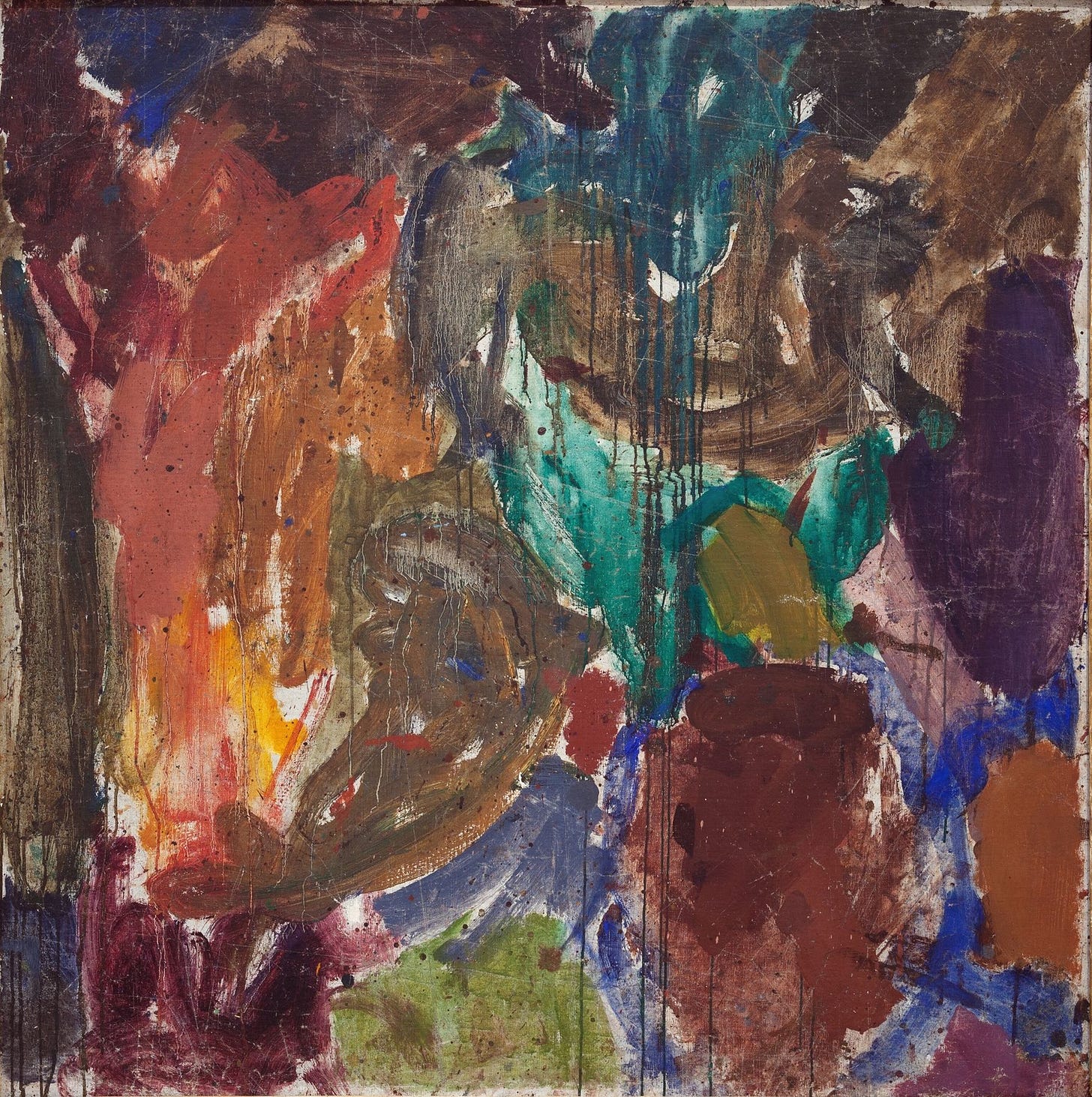The Eternal Return of the Paranoid Style
Why can't Americans—no matter their politics—stop inventing conspiracy theories?
My Monday Notes here on Wisdom of Crowds are often just accounts of rabbit holes I find myself falling into. Thus far I have managed to keep myself from falling down rabbit holes that devolve into outright conspiracy theories. That, dear reader, changed this week. I fell in deep with one of the biggest conspiracy theories of American politics. But that’…




